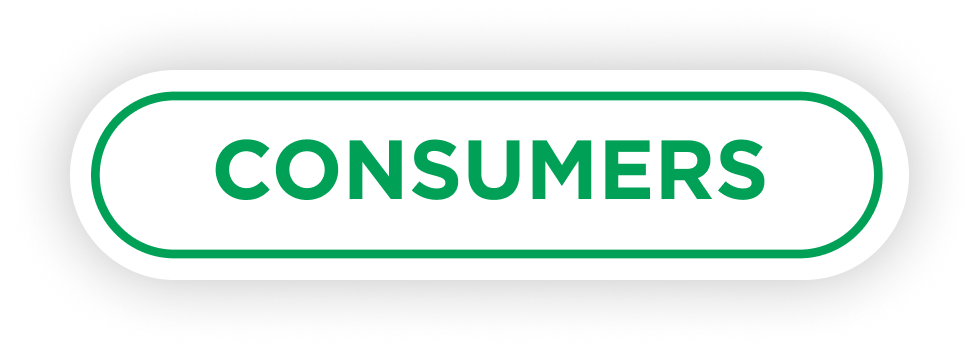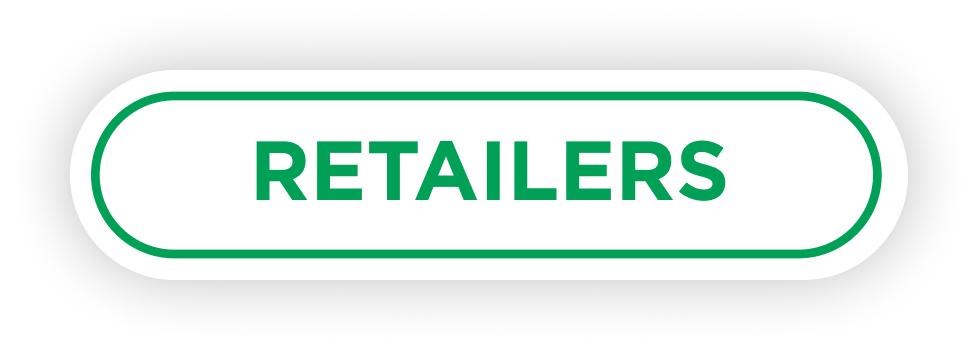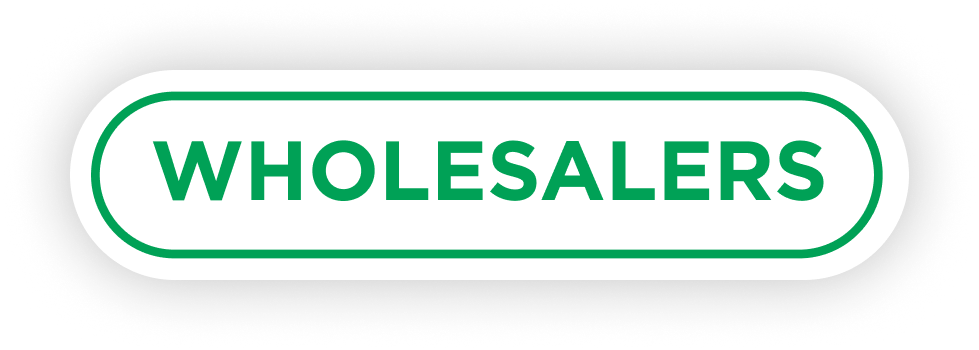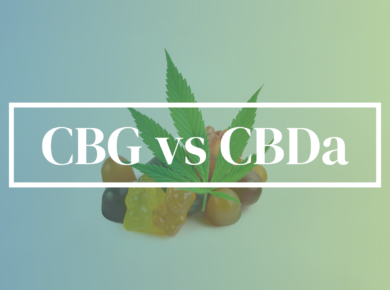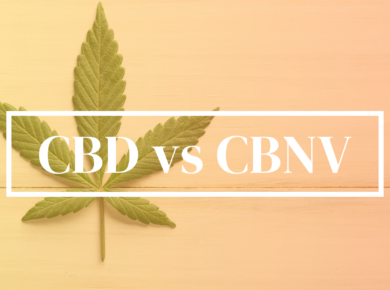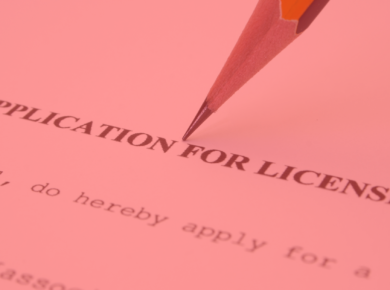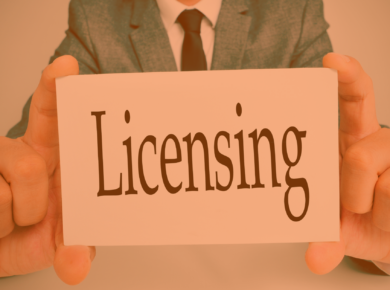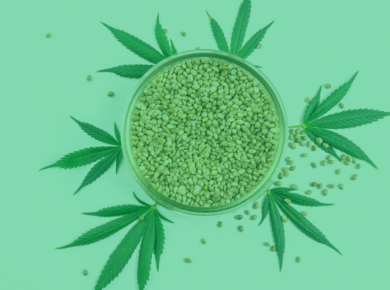- Is Delta 8 THC safe? While Delta 8 THC is generally considered to be less potent and produces milder psychoactive effects than Delta-9 THC, its safety profile is still a subject of ongoing research.
- Delta-8 THC has not been extensively studied over the long term, which makes it challenging to make definitive conclusions about its safety.
- There are common uses of Delta 8 THC that have helped some consumers with pain management, stress and anxiety reduction, appetite stimulation, sleep, creativity, and productivity.
Is Delta 8 THC Safe?
The safety of Delta-8 THC is a topic that has gained increasing attention as its popularity has grown. While it is generally considered to be less potent and produce milder psychoactive effects than Delta-9 THC, its safety profile is still a subject of ongoing research. Here’s what we know based on current knowledge and research:
- Limited Long-Term Studies: Delta-8 THC has not been extensively studied over the long term, which makes it challenging to make definitive conclusions about its safety. Most of the available research focuses on acute effects and short-term use.
- Potential Side Effects: Like other cannabinoids, Delta-8 THC can have side effects, including dry mouth, confusion, anxiety, drowsiness, red eyes, increased or slowed heart rate, dizziness, numbness, low blood pressure, hallucinations or psychosis, vomiting, shaking/tremors, loss of consciousness, and changes in mood. These effects are generally mild and temporary but can vary among individuals. It is not recommended to use Delta 8 THC if you’re pregnant or nursing. There is little research on the long-term effects of Delta 8 THC. You should always consult a medical professional to determine the safest consumption method.
- Tolerance and Dependence: There is limited information regarding the development of tolerance and dependence with Delta-8 THC. However, it’s important to be aware that repeated use of any psychoactive substance, including cannabinoids, can potentially lead to tolerance and dependence in some individuals.
- Interaction with Medications: Delta-8 THC may interact with certain medications, so it’s crucial for individuals taking prescription drugs to consult with their healthcare providers before using Delta-8 THC.
- Purity and Quality Control: The safety of Delta-8 THC products largely depends on their quality and purity. Impurities, contaminants, or poorly manufactured products can pose health risks. Therefore, it’s essential to purchase Delta-8 THC products from reputable sources that provide lab-tested products.
- Legal Considerations: The legality of Delta-8 THC varies by location. Some states in the United States have explicitly banned it, while others allow its sale and use. Being aware of and abiding by local laws and regulations is crucial.
- Individual Variability: How Delta-8 THC affects an individual can vary widely based on factors such as dosage, frequency of use, personal biology, and tolerance. What may be safe and well-tolerated for one person may not be the same for another.
While there is some evidence to suggest that Delta-8 THC may have a milder psychoactive profile compared to Delta-9 THC, its long-term safety profile is not well-established due to limited research. Users should exercise caution, start with low doses, and be mindful of potential side effects and interactions with medications. Consulting with a healthcare professional and using Delta-8 THC responsibly in accordance with local laws is advisable.
What is Delta 8 THC?
Delta-8 THC, or delta-8-tetrahydrocannabinol, is a cannabinoid found in the cannabis plant. It’s chemically similar to the more well-known delta-9 THC, the compound responsible for the psychoactive effects of cannabis.
According to the U.S. National Library of Medicine’s MedlinePlus, Delta-8 THC is defined as “a psychoactive compound found in marijuana that is less potent than delta-9 THC, the primary psychoactive compound in marijuana.”
Most people are familiar with delta-9 THC, which is the primary psychoactive compound in cannabis. Delta-8 THC, on the other hand, is less potent, which means it may produce milder psychoactive effects. Some users describe it as a more subtle and clear-headed experience compared to delta-9 THC.
In this blog post, we will also review the legality, potential benefits, safety, quality, and sourcing of Delta 8 THC. With this information, you will have a better understanding of how to use this compound responsibly. You should always consult with a healthcare professional if you have any concerns or questions about using Delta 8 THC.
How is Delta 8 THC Sourced and Grown?
Delta-8 THC can be sourced, grown, and processed using various methods, and it’s essential to understand these processes to ensure product quality and safety.
- Hemp-Based Extraction: Delta-8 THC can be sourced from hemp plants, primarily from strains that naturally contain higher levels of Delta-8 THC. Extraction methods, such as CO2 extraction or solvent-based extraction, are used to separate cannabinoids from the plant material. Purification techniques like chromatography and distillation are then used to isolate Delta 8 THC from the hemp extract.
- Conversion from Hemp-Dervied CBD: Another common method of producing Delta-8 THC involves converting Delta-9 THC, the more abundant cannabinoid. Through a chemical process known as a chemical isomerization reaction, skilled producers orchestrate a controlled dance of reagents and catalysts by coaxing CBD into the distinct form of Delta-8 THC. This conversion from hemp-derived CBD not only emphasizes the adaptability of cannabinoids but also aligns with the evolving regulatory environment, ensuring legality and accessibility.
Uses for Delta 8 THC
According to WebMD, Delta 8 THC interacts with your endocannabinoid system (ECS), a network of signals and receivers throughout your body. Cannabinoid receptors in your brain, called CB-1 receptors, help control and adjust your nervous system and control functions like mood, hunger, body temperature, sense of pain, and alertness.
CB-1 receptors need to be “unlocked” by tiny particles in your body called endocannabinoids. Delta 8 THC’s structure is similar to the chemical makeup of endocannabinoids that can turn on these cells and “hijack” your ECS for a while. This is how Delta 8 THC gets you high.
Here are some common ways people use Delta 8 THC to supplement their wellness journey.
- Pain Management: Delta-8 THC may offer pain-relieving properties, making it an option for individuals dealing with chronic pain conditions. It’s often used as an alternative or complement to traditional pain medications.
- Stress and Anxiety Reduction: Some users report that Delta-8 THC provides a mild euphoric and anxiolytic (anxiety-reducing) effect. It can help individuals manage stress and anxiety, promoting relaxation and a sense of calm.
- Appetite Stimulation: Like Delta-9 THC, Delta-8 THC can stimulate appetite, which can be particularly helpful for individuals with appetite loss due to medical conditions or treatments like chemotherapy.
- Nausea and Vomiting Control: Delta-8 THC has anti-nausea properties, making it useful for managing nausea and vomiting, especially in cancer patients undergoing chemotherapy.
- Sleep Aid: Some individuals use Delta-8 THC to improve sleep quality and address insomnia. It may help them fall asleep more easily and experience better sleep patterns.
- Mood Enhancement: Delta-8 THC can provide a mood-enhancing effect without the intensity of Delta-9 THC. It’s often used by individuals looking for a subtle mood lift without the risk of overwhelming euphoria.
- Creative and Productivity Boost: Some users find that Delta-8 THC enhances their creativity and focus, making it useful for creative endeavors or work tasks that require concentration.
- Social and Recreational Use: Delta-8 THC can be used socially, similar to alcohol, to relax and socialize with friends without the intensity of Delta-9 THC.
- Microdosing: Some individuals practice microdosing with Delta-8 THC, taking small, controlled doses to experience the therapeutic benefits while minimizing psychoactive effects.
- Wellness Integration: Delta-8 THC can be incorporated into a wellness routine alongside other practices such as yoga, meditation, and a balanced diet to promote overall well-being.
How to Use Delta 8 THC?
Here are some common ways people consume Delta 8 THC.
- Vaping: Delta-8 THC vape cartridges are a popular choice, delivering fast-acting effects through inhalation.
- Edibles: Delta-8 THC can be infused into various edible products, such as gummies, chocolates, and beverages, providing a longer-lasting but delayed onset of effects.
- Tinctures and Oils: Some users prefer sublingual tinctures or oils, which are administered under the tongue for rapid absorption.
- Capsules and Pills: Delta-8 THC can be encapsulated for precise dosing and convenient consumption.
- Smoking: While less common, some individuals smoke Delta-8 THC-rich flower or extracts in a similar way to traditional cannabis.
- Topicals: Delta-8 THC-infused creams, balms, and lotions are used for localized relief from pain and inflammation.
- Dabbing: Concentrated Delta-8 THC extracts can be vaporized and inhaled through dabbing rigs for a potent and immediate effect.
- Sublingual Strips: Dissolvable strips that are placed under the tongue offer discreet and convenient dosing.
- Patches: Transdermal patches can provide a controlled release of Delta-8 THC over an extended period.
- Infused Beverages: Some companies produce Delta-8 THC-infused drinks, providing a refreshing and enjoyable way to consume it.
Is Delta 8 THC Legal?
The legal status of Delta-8 THC in the United States is a complex and evolving issue. It’s important to note that the legality of Delta-8 THC can vary from state to state and even within different local jurisdictions. Here’s an overview of the current legal landscape. We strongly recommend checking the most up-to-date information for your specific location:
- Federal Law: As of January 2022, Delta-8 THC is considered a controlled substance under federal law. The 2018 Farm Bill legalized hemp-derived Delta-9 THC, but it did not explicitly address Delta-8 THC. The U.S. Drug Enforcement Administration (DEA) has indicated that Delta-8 THC derived from hemp is a controlled substance, while some argue that it may be legal when derived from legal hemp sources with Delta-9 THC levels below a certain threshold.
- State Laws: State laws on Delta-8 THC vary significantly. Some states have explicitly banned Delta-8 THC, while others have allowed its sale and use. State regulations can change, so it’s crucial to check the current laws and regulations in your state.
- Local Regulations: Even within states where Delta-8 THC may be legal at the state level, local municipalities may have their own regulations or bans on its sale and use.
- Quality and Testing: Regardless of its legal status, it’s essential to purchase Delta-8 THC products from reputable sources, like Kush.com, that provide lab-tested products to ensure purity and legality within your jurisdiction.
To further research the current legal status of Delta-8 THC in your area, we recommend checking with your state’s Department of Health or Agriculture, consulting legal experts, or referring to authoritative sources such as NORML (National Organization for the Reform of Marijuana Laws) or the National Conference of State Legislatures (NCSL).
Best Brands that Sell Delta 8 THC
These brands are Kush.com Certified Products. These products have been certified and tested to evaluate their potency, use of pesticides, presence of heavy metals, residuals of solvents, and foreign material to ensure you have the cleanest, healthiest product available.
Depending on the legal restrictions of your state, products may not be available to you.
